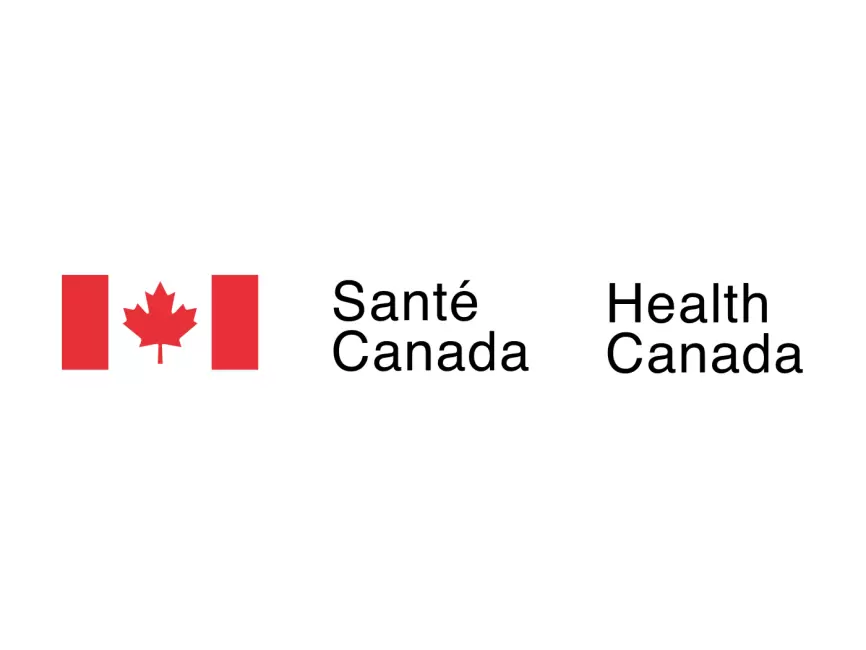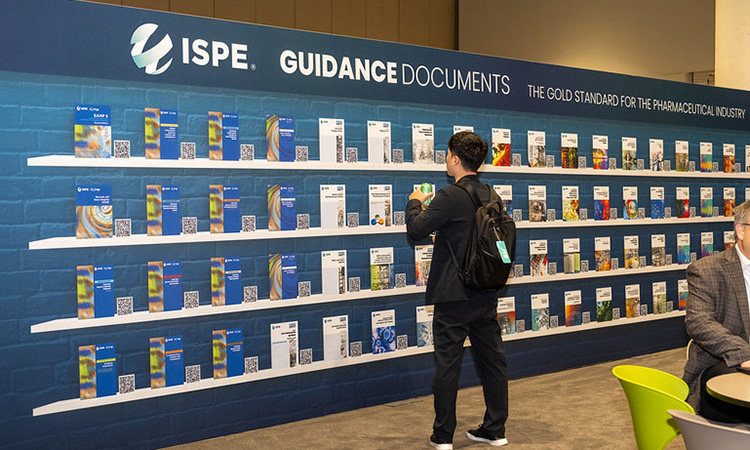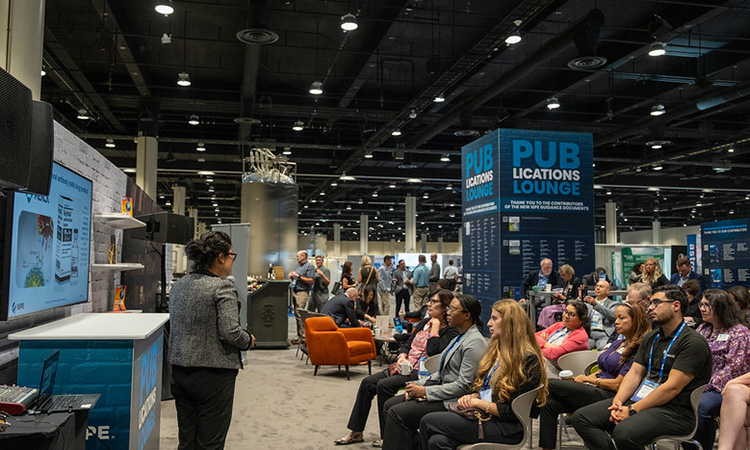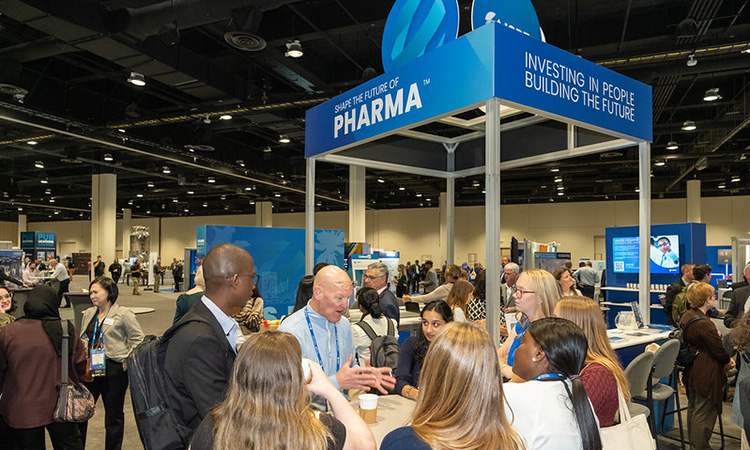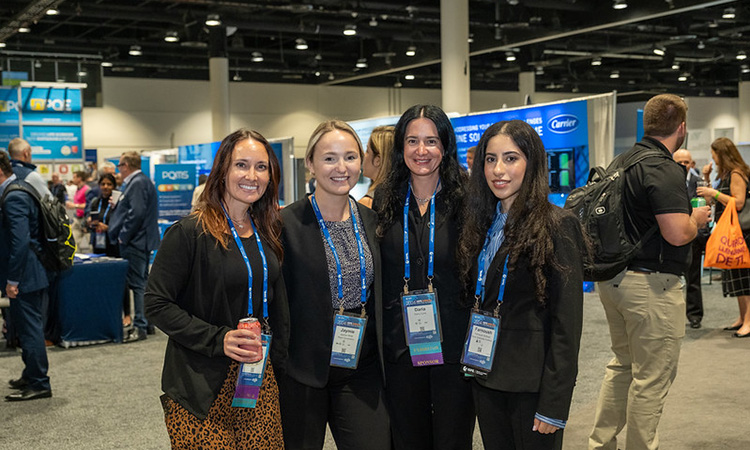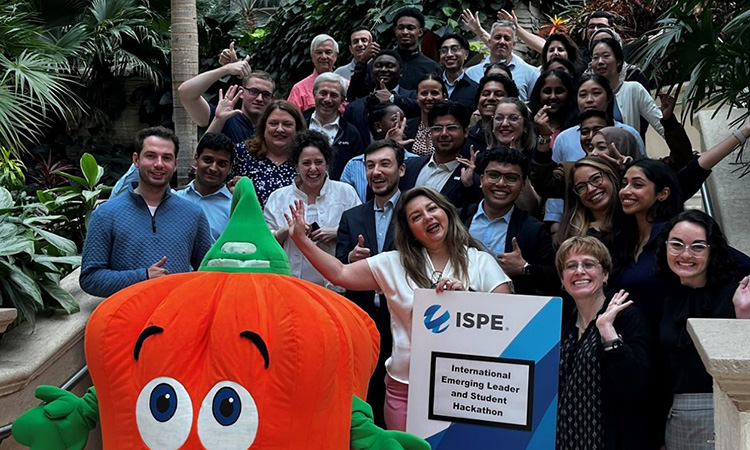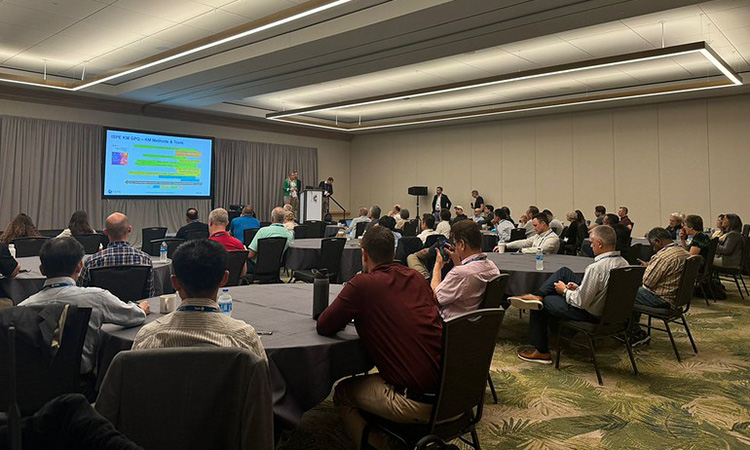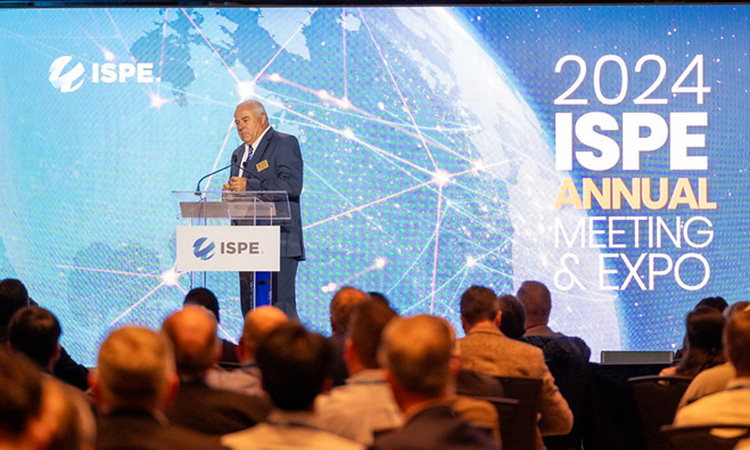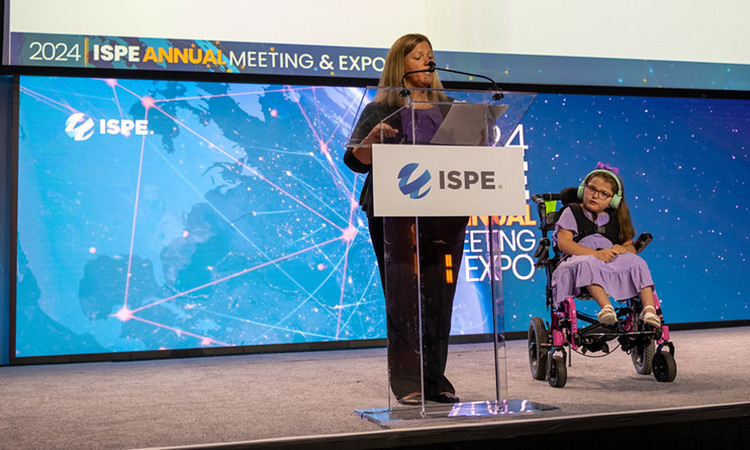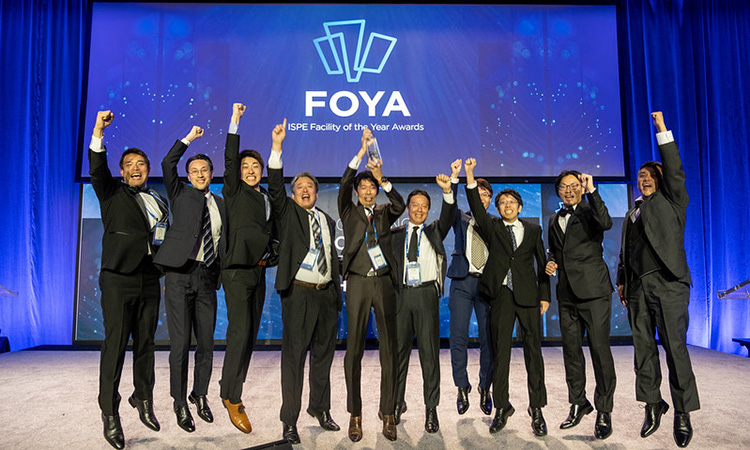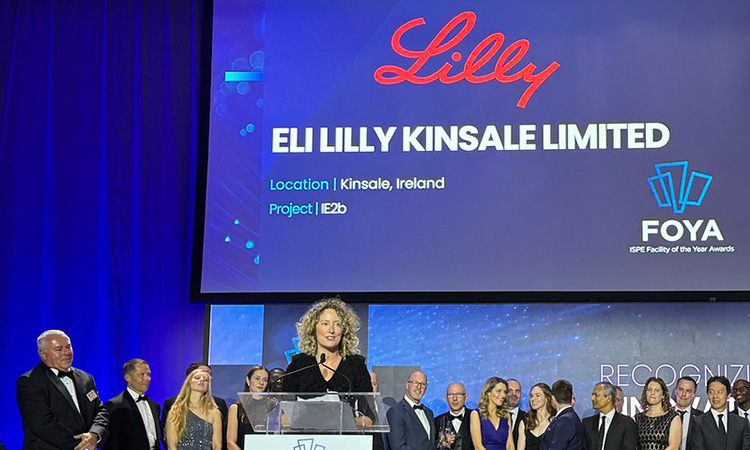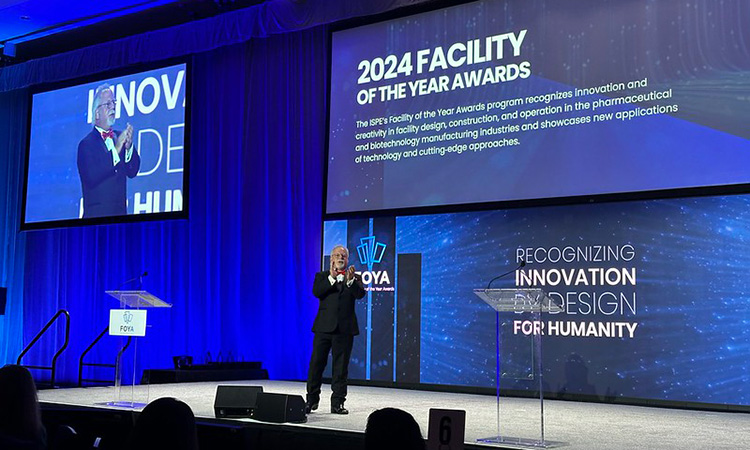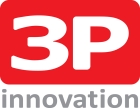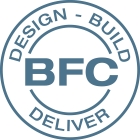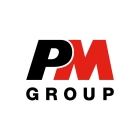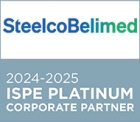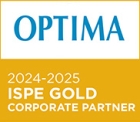
2024 ISPE Annual Meeting & Expo
Thank you to all who made the 2024 ISPE Annual Meeting & Expo such a big success!
Thank you to all who made the 2024 ISPE Annual Meeting & Expo such a big success!
Please Note:
- All full-access registration (virtual & in-person) includes access to speaker presentations, on-demand content, and other conference material.
- NOTE: Material is only available from those speakers/companies that permitted distribution.
- Registrants will receive email notification when the on-demand content is available.
- On-demand content is accessible for 90 days.
Top Industry Thought Leaders and Regulators Whom Attended the 2024 ISPE Annual Meeting & Expo
Thank you to everyone who participated in our survey. Your insights and feedback are invaluable to us and will significantly help ISPE enhance our conference experience.
Congratulations to our survey winners:
- Shakeel Ahmad
- Anamitro Banerjee
- Nissan Cohen
- Jason Corbiere
- Arthur Gehring
- Cyle Graber
- Syed Md Nurul Haque
- Jim Hendley
- Anders Hermansen
- Amy Lowery
- Thomas McVeigh
- Paul Marvin Quizon
- David Raab
- Sophie Rodriguez
- Carmen Romero
- Daniel Sacchitella
- Paul Schank
- Sarah Stowe
- Michael Space
- Phil Todaro
Why attend?
This signature gathering is not just an opportunity to learn but also to connect. From emerging talents to seasoned executives in drug manufacturing, supply chain, devices, equipment and services, and global regulatory agencies, attendees will get the chance to network, exchange insights, and preview the latest technologies and services in our expansive Expo Hall.
2024 ISPE Annual Meeting & Expo_ Networking Opportunities
Don't miss out on your chance to network with conference attendees, celebrate excellence, and support the future of the pharmaceutical industry.
Attend the 2024 ISPE Annual Meeting & Expo
Our comprehensive education program offers cutting-edge technical sessions, shedding light on the latest advancements in areas like supply chain, operations, facilities, and regulatory affairs, but also emphasizing the role of data science including model-informed drug development (MIDD) and technology in shaping the future of product development, production systems, and quality assurance.
Featured Speakers
Director, Office of Strategic Programs
FDA
Group Vice President, Global Parenteral Products and Devices
Eli Lilly and Company
Director, Center for Biologics Evaluation and Research
CBER/FDA
Validation and Information Technology Principal Auditor, Quality Assurance
CTI Clinical Trial and Consulting Services
Manager, Biotherapeutic Quality Division
Health Canada
Chief Patient Supply Officer
Spark Therapeutics, Inc.
Executive Director
EMA
SVP Head of Global Engineering
Takeda Pharmaceuticals International AG
Sr. Liaison, Patient Advocacy & Industry Relations Central Area
Acadia
Conference Highlights

A Message from ISPE’s Women in Pharma® International Steering Committee Chair: Women in Pharma® Plans at the 2024 ISPE Annual Meeting & Expo
The 2024 ISPE Annual Meeting & Expo, taking place 13 – 16 October in Orlando, Florida, USA, and virtually, stands out as a key event in the pharmaceutical industry. Known for its rich educational offerings, the annual event serves as a dynamic platform where professionals gather to explore the latest trends, technologies, and regulatory developments impacting pharmaceutical manufacturing, quality, and compliance.

Unlock the Future of Pharma: Don’t Miss This Year's Premier Pharma Industry Conference
In the ever-evolving landscape of the pharmaceutical industry, staying ahead of the curve is not just an advantage—it's a necessity. With rapid advancements in technology, regulatory shifts, and emerging global challenges, professionals need a platform to learn, network, and innovate. This year's 2024 ISPE Annual Meeting & Expo, taking place 13 – 16 October in Orlando, Florida, USA, offers precisely that opportunity.

Explore the Possibilities of Pharmaceutical Advancement with Digital Tools, Including AI/ML at the 2024 ISPE Annual Meeting & Expo
The proliferation of digital tools available in the pharmaceutical industry, including artificial intelligence (AI) and machine learning (ML), is revolutionizing drug discovery and manufacturing processes.
International Program Committee
Executive Chair
Head of Operations Quality Compliance and External Affairs
AstraZeneca
Chair
Senior Director and Group Manager, Project and Product Leadership
AstraZeneca
Past Chair
Chief Executive Officer
Seeq Corporation
Foundation Liaison
Vice-President and General Manager, Life Sciences
Jacobs
Women in Pharma® Liaison
Business Development & Sales
XILS BV
ISPE Chapter Liaison
Director of Project Development
Flad Architects
Manager, Biotherapeutic Quality Division
Health Canada
Senior Director, Consulting Services
CRB
Regulatory Intelligence Lead - Pharma Quality, Safety & Environmental Operations
Pfizer Global Supply
Technical Director
No Deviation Pte Ltd
Senior Director, Manufacturing Science and Technology
Johnson & Johnson
Director of Strategic Partnerships
Performance Validation, Inc.
Director
WakeUp To Quality
Senior Director, QCORE (Quality, Compliance and Operational Readiness)
IPS – Integrated Project Services, LLC
Executive Industry Advisor
Körber Pharma Software GmbH
Emerging Leader
Manager, Clinical Supply Chain Operations
Biomarin
Emerging Leader
Operational Excellence Engineer
Thermo Fisher Scientific
Emerging Leader
Process Engineer II
Genesis AEC
Emerging Leader
Director, Manufacturing Sciences & Technology
GSK
Emerging Leader
Senior Quality Assurance Specialist
Sanofi


